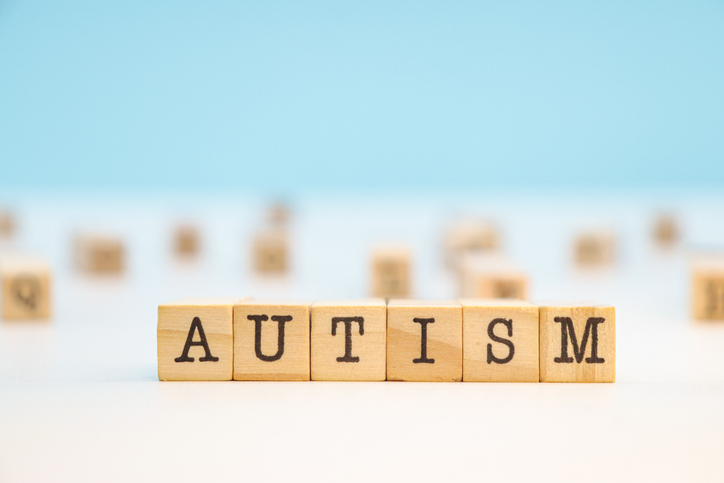Notable Black People With Autism
Source: Alex Aviles / Getty
As society continues to evolve, celebrating the unique talents and perspectives of people with autism enriches our collective narrative and fosters a more inclusive world.
About 3% of Black, Hispanic and Asian or Pacific Islander children have an autism diagnosis, compared with about 2% of white kids.
In the Black community, autism is rarely a topic discussed, but it is imperative that we learn and understand what it means to have a neurodevelopmental disorder.
Autism, also referred to as Autism Spectrum Disorder (ASD), is a complex neurodevelopmental disorder characterized by a range of challenges related to social interaction, communication and repetitive behaviors. Autism is often described as a spectrum because it manifests in a wide variety of ways and affects individuals differently. The term “spectrum” reflects the idea that people with autism can have a range of strengths and difficulties and the severity of symptoms can vary greatly from one person to another.
According to the World Health Organization (WHO), an autistic person can face challenges that may impact their day-to-day lives such as language development and communication, resulting in delayed speech or limited verbal communication. Autistic people can also be hypersensitive to sound, light, smells, or textures, which can impact their daily functioning and comfort.
According to the Centers For Disease Control and Prevention, around 1% of the world’s population has ASD. Traits of the condition can be detected in early childhood but many individuals are often diagnosed later in life.
What causes autism?
It’s unclear what causes autism. Researchers believe that the condition develops from a wide range of factors including environmental influences and genetics. These genes can be passed down from generation to generation. Early intervention, such as behavioral therapy and educational support, can significantly improve outcomes for individuals with autism, helping them develop essential skills and navigate the challenges they may face.
It’s important to note that individuals with autism sometimes possess unique strengths and talents. Some may excel in areas such as mathematics, music, sports, art or memory.
In the world of entertainment, several notable figures have been open about their experiences with autism, challenging stereotypes and inspiring others.
The stories of these stars and activists showcase the diversity within the spectrum and highlight the importance of embracing neurodiversity. By sharing their experiences, these individuals have not only shattered stereotypes but have also become advocates for increased awareness and acceptance.
Let’s take a look at some of these remarkable individuals who have embraced their neurodivergent identities.
The post Notable Black People With Autism appeared first on NewsOne.

